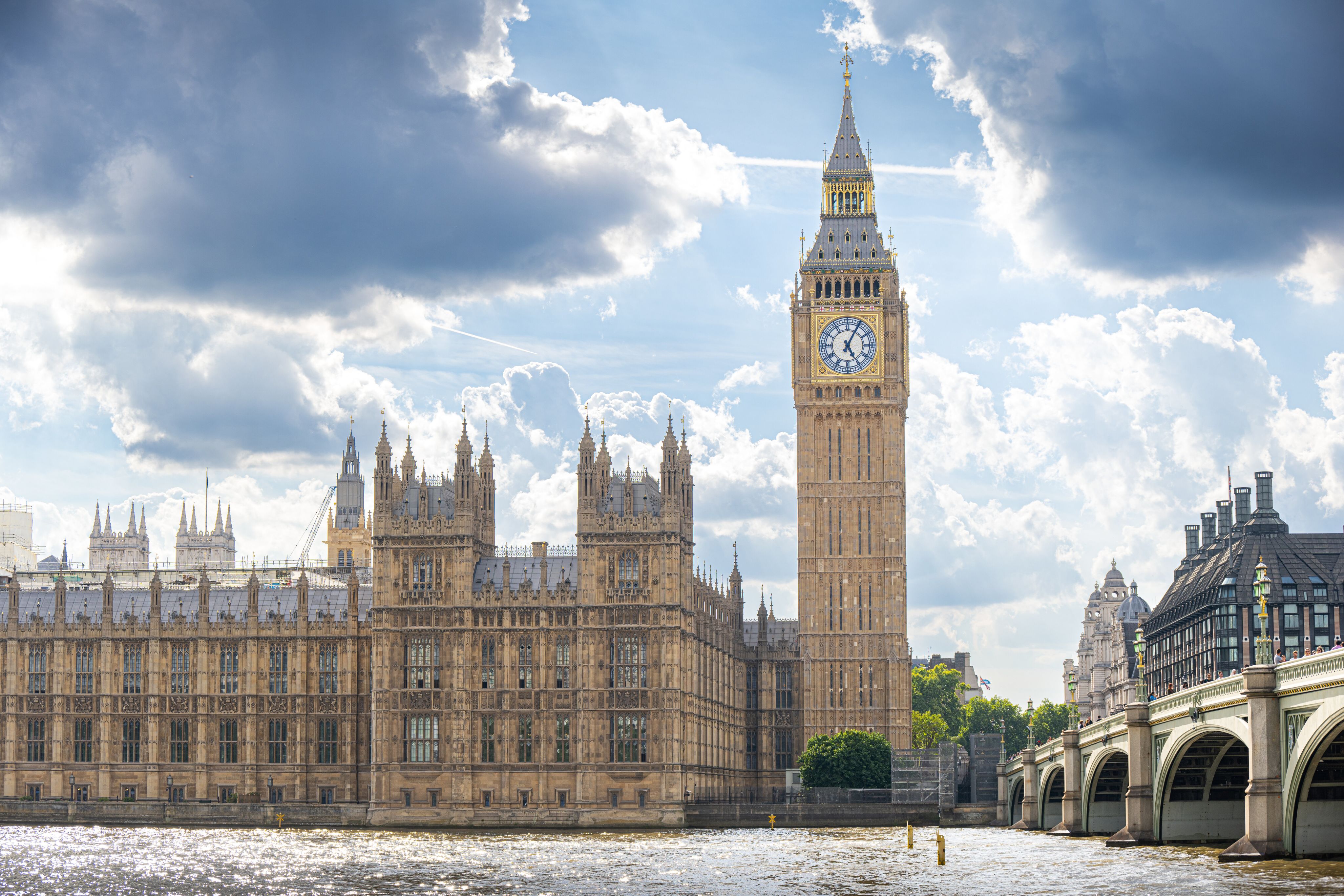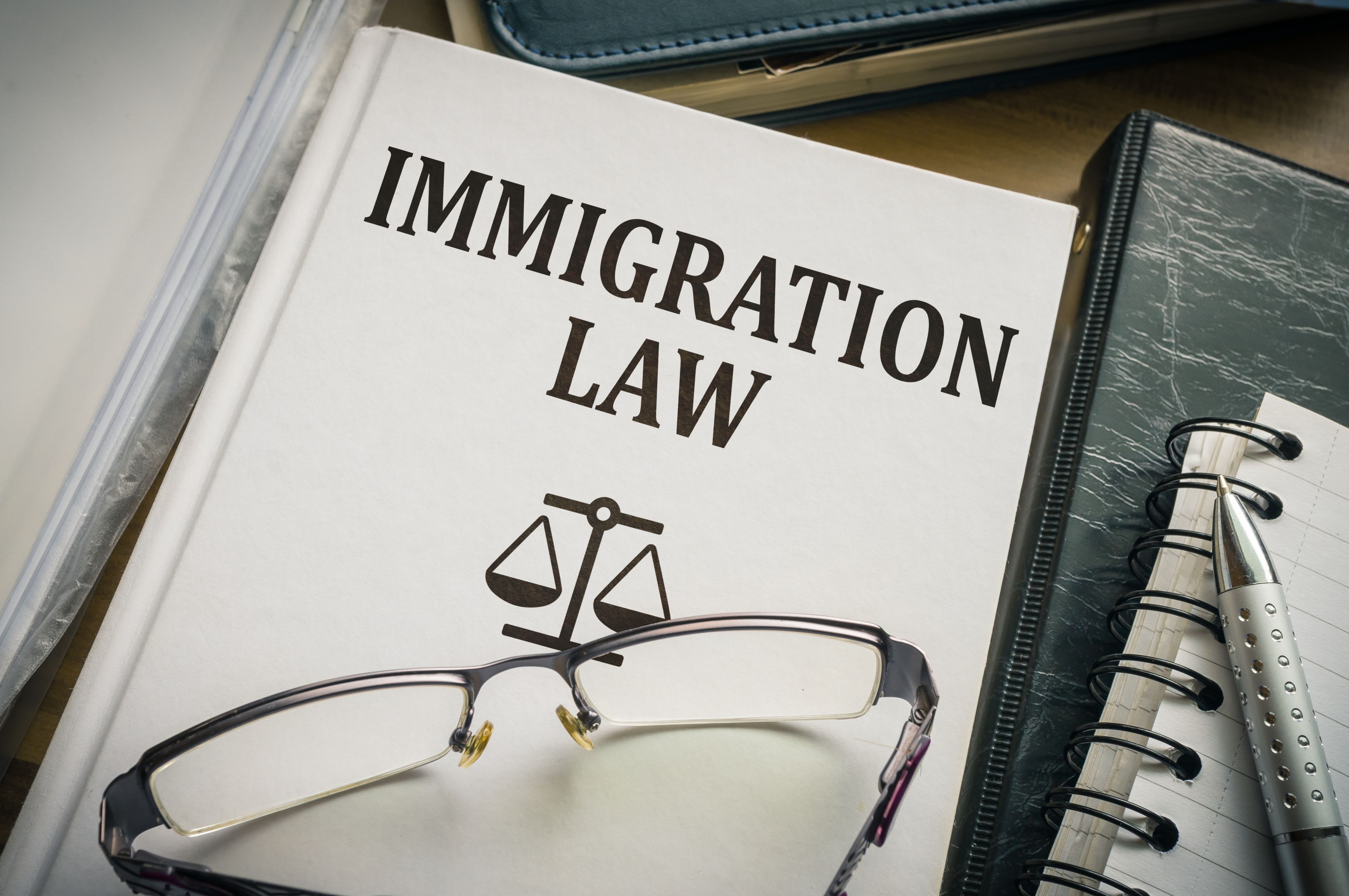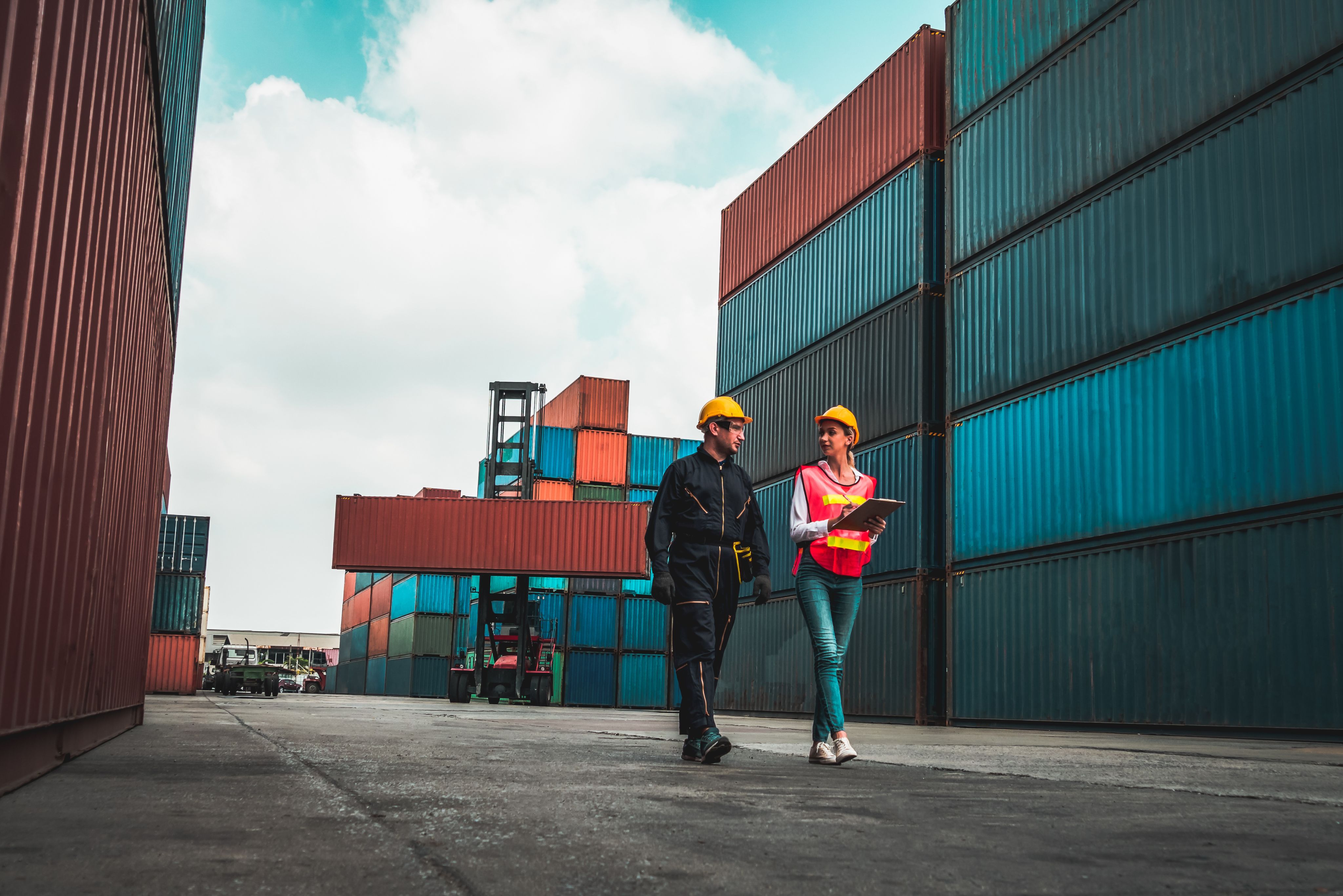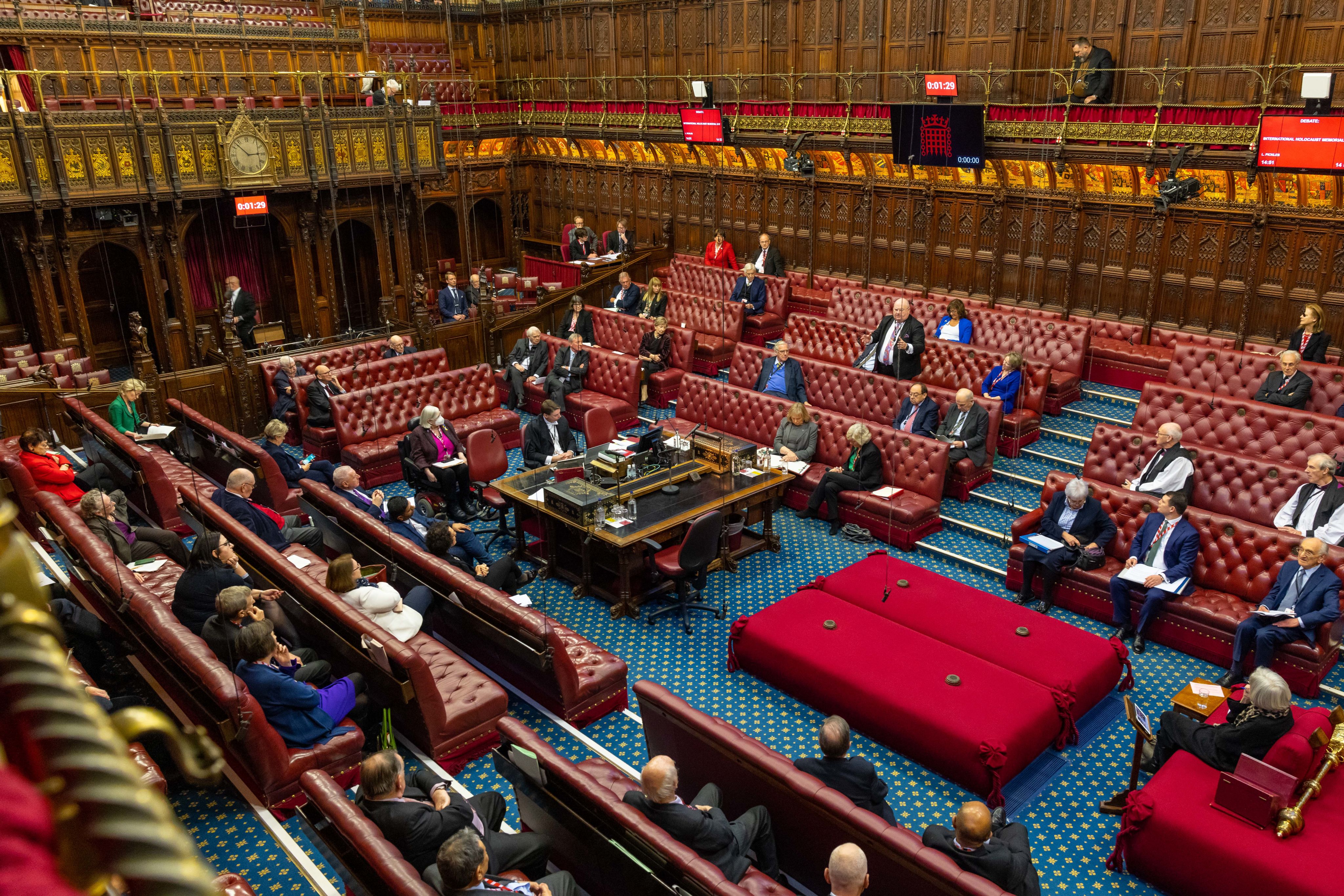Has the UK fallen behind in the fight against modern slavery?
We considered the success of the Modern Slavery Act 2015.

Modern slavery encompasses human trafficking and slavery, servitude, and forced or compulsory labour. It can be seen as occurring at the end of a continuum of exploitation of labour abuses.
The Modern Slavery Act 2015 was enacted to combat modern slavery and has been described as world-leading in its approach at the time.
Since the Act came into force, there have been several events influencing the landscape of modern slavery in the UK, including the impact of Brexit and the COVID-19 pandemic, and concerns about migration.
Overseas, new legislation has been introduced in a number of countries to manage exploitation in supply chains.
In 2022, the Queen’s Speech announced the Government’s intention to bring forward a new Modern Slavery Bill. However, this bill was not introduced to Parliament.
In our inquiry we explored several key issues relating to the Modern Slavery Act and identified three key areas that need improvement.
1. The impact of recent immigration legislation

The Modern Slavery Act introduced requirements for guidance to be issued about how to identify and support victims of modern slavery and for specified public authorities to notify the Home Office about suspected victims of modern slavery.
Recent immigration legislation has limited the support which the Act originally afforded to victims. This has left victims vulnerable, without adequate protection from their traffickers.
“There has long been a tension between the Home Office’s ownership of the response to modern slavery, which includes safeguarding survivors, and its responsibilities in relation to law enforcement and immigration policy. The safeguarding needs of survivors have consistently come second when deemed to be in conflict with immigration control.”
It should be recognised that there is a very real difference between migrants who come here willingly, and those who come because they are being trafficked as victims of modern slavery. This should lie at the heart of government policy and of any future legislation about illegal migration. The adverse impact that immigration legislation may have on the identification and protection of victims needs to be carefully assessed and monitored.
2. Rising exploitation in the care sector

Modern slavery is a fast-evolving crime. We explored the success of the Act in addressing new developments in modern slavery through the example of the care sector.
Victims in the care sector face issues such as owing money to their employer for expensive recruitment costs and having their visa threatened. Many victims lack information about their rights under their visa, which can make them more vulnerable.
The anti-slavery charity Unseen, which operates a Modern Slavery and Exploitation Helpline, reported a 606% increase in the number of modern slavery cases in the care sector from 2021 to 2022.
The labour market enforcement system in the UK involves a wide range of different bodies which work together. This can make it difficult to address exploitation consistently across sectors and keep up with new trends in the crime of modern slavery.
The government should establish an arms-length Single Enforcement Body to ensure stronger compliance with relevant labour rights and standards. As a minimum, the Single Enforcement Body should act as a single point of contact for labour exploitation across all sectors.
3. The Act’s provisions on supply chains

The Modern Slavery Act 2015 introduced a requirement for large companies to prepare a slavery and human trafficking statement each financial year.
In 2019, a government consultation resulted in commitments to improve transparency in supply chains by extending requirements to public bodies and requiring statements to be published on a register. These commitments were not fulfilled.
“The global landscape has shifted towards rigorous sustainability reporting and due diligence standards, and the UK is yet to catch up with these trends.”
Many have called for requirements on companies to perform due diligence in their supply chains. Multiple countries have recently enacted or are currently developing due diligence legislation, including Germany, France, Norway, Canada.
The EU has recently passed a corporate sustainability due diligence directive. While the UK was world-leading in its supply chain requirements in 2015, it has since fallen behind.
The government should introduce legislation requiring companies meeting the threshold to undertake modern slavery due diligence in their supply chains and to take reasonable steps to address problems. We recommend that they consult businesses on potential changes, looking closely at the issues we have raised and giving due consideration to small and medium sized companies’ ability to meet any new requirements.
What happens next?

We have made our recommendations to the Government and it now has two months to respond to our report.
Read the full report on our website
Our committee is a special inquiry committee for 2024.
Find out more about our inquiry and our committee.
Follow the committee @HLModernSlavery
